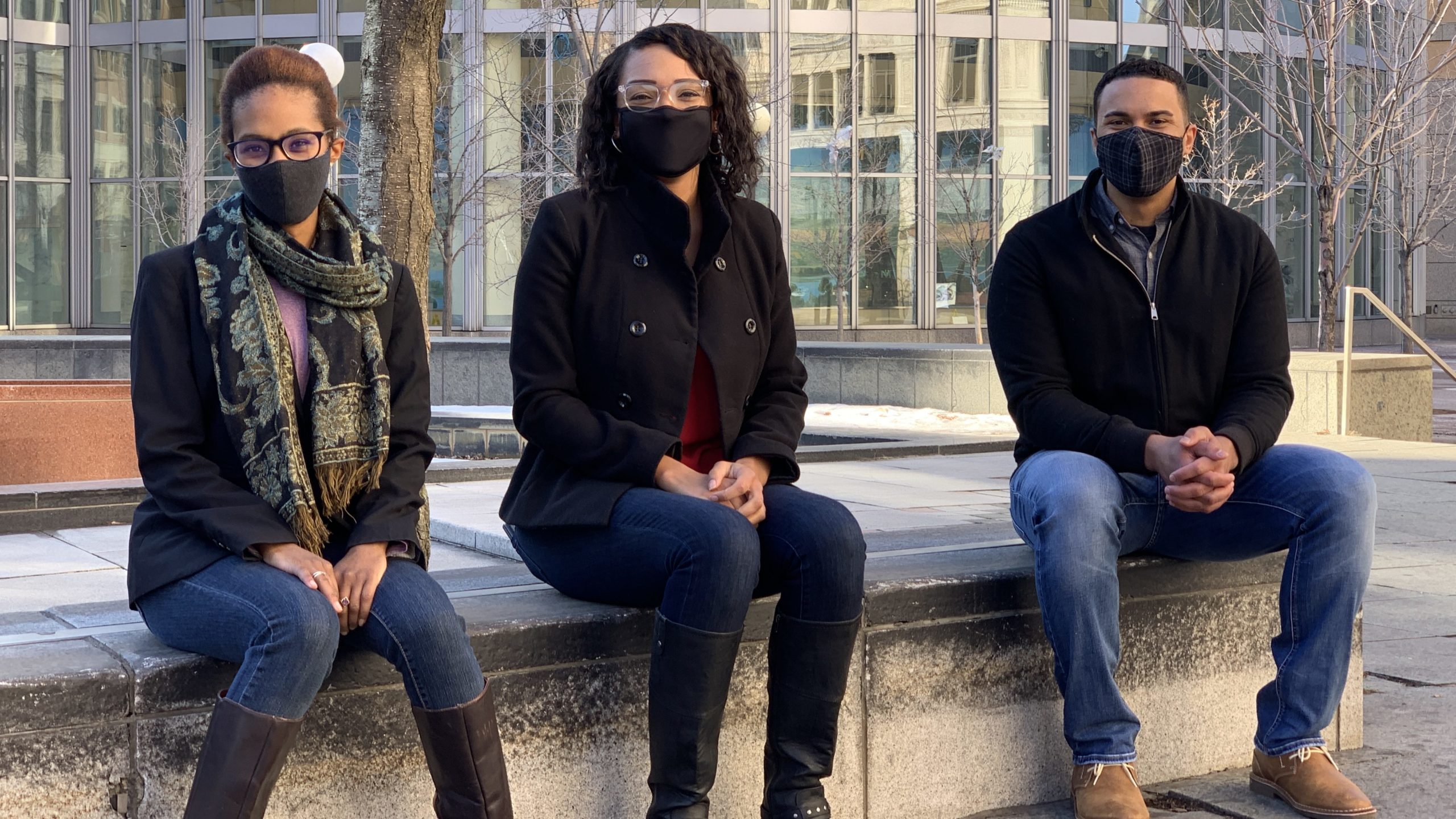
Too often throughout history, communities including Black, Indigenous, people of color, LGBTQ+, individuals in rural geographies, and many others have been left behind in times of transformational change. As the energy sector strives to aggressively decarbonize to mitigate the impacts of climate change, it has an obligation to learn from past transitions when policy choices excluded marginalized communities at best, and actively harmed them at worst.
As Fresh Energy works to electrify the economy and ensure an equitable and just energy transition, we are asking questions that seem simple but are complex in practice. Who will benefit? Who will be negatively impacted? What will be lost? What is necessary for a just transition?
Alongside Fresh Energy’s external policy and legislative work, we are also centering equity and justice internally. Here are our most recent highlights:
The Energy Access and Equity (EAE) team is growing.
To achieve Fresh Energy’s ambitious decarbonization goals, we’ve grown the EAE team to meet this crucial moment for clean energy and climate action. Janiece Watts, Mari Ojeda, and Ben Passer (pictured above) are advancing our regulatory, administrative, and legislative advocacy in clean energy with a focus on equity and access, coalition partnerships, and solutions that create a clean energy future that benefits all.
New board members bring fresh perspectives.
In 2020, we welcomed four new members: Risikat Adesaogun, Erika Bailey-Johnson, Angelica Imhoede, and Kristel Porter. These four women bring diverse personal and career backgrounds to Fresh Energy leadership, along with varied regional and community perspectives. Get to know them here.
Commitment to Anti-Racism.
Expanding upon the work of the staff-led Diversity, Equity, and Inclusion and Women, Trans, Femme Committees, we published a public “Commitment to Anti-Racism.” The policy outlines actions Fresh Energy is taking in our work to demonstrate our commitment to transforming the systems that cause systemic inequities and to create the profound change that is needed in Minnesota and beyond. Read the policy here.
